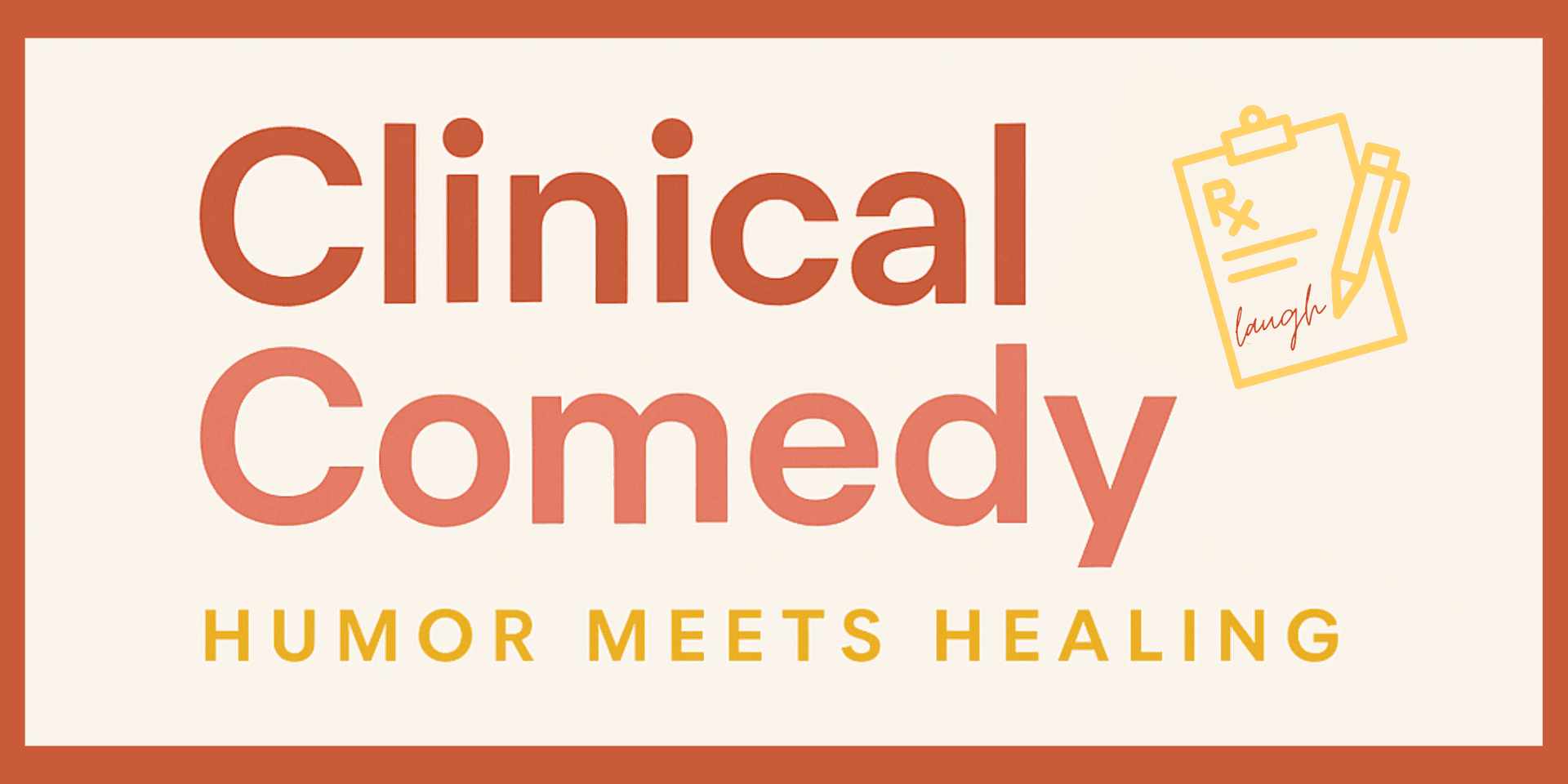The Role of Comedy in Mental Health Recovery: Success Stories and Insights
The Healing Power of Laughter
Laughter has long been celebrated as a universal language that can bridge gaps and bring people together. However, its role extends beyond just social bonding. In recent years, comedy has emerged as a powerful tool in mental health recovery, offering therapeutic benefits that traditional methods might not provide. Through humor, individuals can gain new perspectives on their challenges, fostering resilience and promoting emotional well-being.
Numerous success stories highlight how comedy has played a pivotal role in the mental health journeys of many individuals. By providing a safe space to express emotions and explore difficult topics, comedy allows people to confront their issues in a less intimidating manner. This approach can lead to breakthroughs that might be difficult to achieve through conventional therapy alone.

Understanding the Science Behind Comedy and Mental Health
The relationship between comedy and mental health is supported by scientific research. Laughter triggers the release of endorphins, the body's natural feel-good chemicals, which can improve mood and reduce stress levels. Additionally, engaging with comedy can lower cortisol levels, helping to alleviate symptoms of anxiety and depression.
Moreover, the act of laughing engages several regions of the brain simultaneously, enhancing cognitive function and promoting a sense of connection with others. This multi-faceted impact makes comedy a valuable component in holistic mental health recovery strategies.
Insights from Therapy Programs
Many mental health programs are now incorporating comedy into their treatment plans. For instance, laughter yoga combines traditional yoga breathing techniques with playful laughter exercises, offering a unique way to improve mental well-being. Similarly, stand-up comedy workshops allow participants to share personal stories in a humorous context, encouraging vulnerability and mutual understanding.

Success Stories: Real-Life Transformations
Real-life examples underscore the transformative power of comedy in mental health recovery. Take the story of John, a war veteran who struggled with PTSD for years. Through participation in a comedy workshop specifically designed for veterans, he found a new way to process his experiences. By crafting jokes about his journey, John was able to reshape his narrative and gain control over his trauma.
Another inspiring example is Sarah, who battled severe depression. By engaging in improvisational comedy classes, she discovered a supportive community where she could express herself without fear of judgment. The camaraderie and creative outlet provided by improv helped Sarah develop coping mechanisms and regain her confidence.
Integrating Comedy into Daily Life
Incorporating comedy into daily routines doesn't require professional training or extensive resources. Simple activities like watching a favorite comedy show, attending local stand-up performances, or sharing jokes with friends can have profound effects on mental health.
- Watch comedy specials or humorous films regularly.
- Join local improv or stand-up classes to experience the joy of performing.
- Share funny anecdotes or jokes with friends and family to strengthen connections.

The Path Forward: Embracing Laughter as Therapy
As society continues to prioritize mental health awareness, the role of comedy is becoming increasingly evident. By breaking down barriers and encouraging open dialogue about mental health issues, humor offers an accessible and effective means of support. Encouragingly, more mental health professionals are recognizing the value of incorporating laughter into their therapeutic practices.
Ultimately, the integration of comedy into mental health recovery signals a shift towards more comprehensive and compassionate care. As individuals embrace the healing power of laughter, they not only find solace in their struggles but also unlock new pathways to personal growth and happiness.
